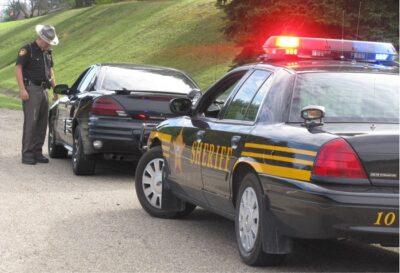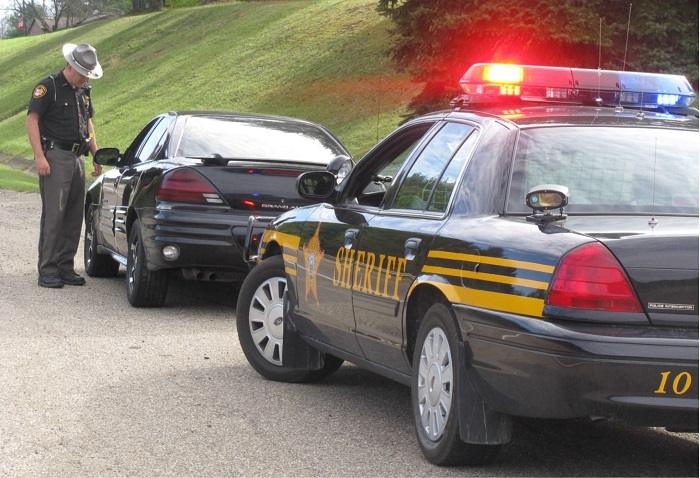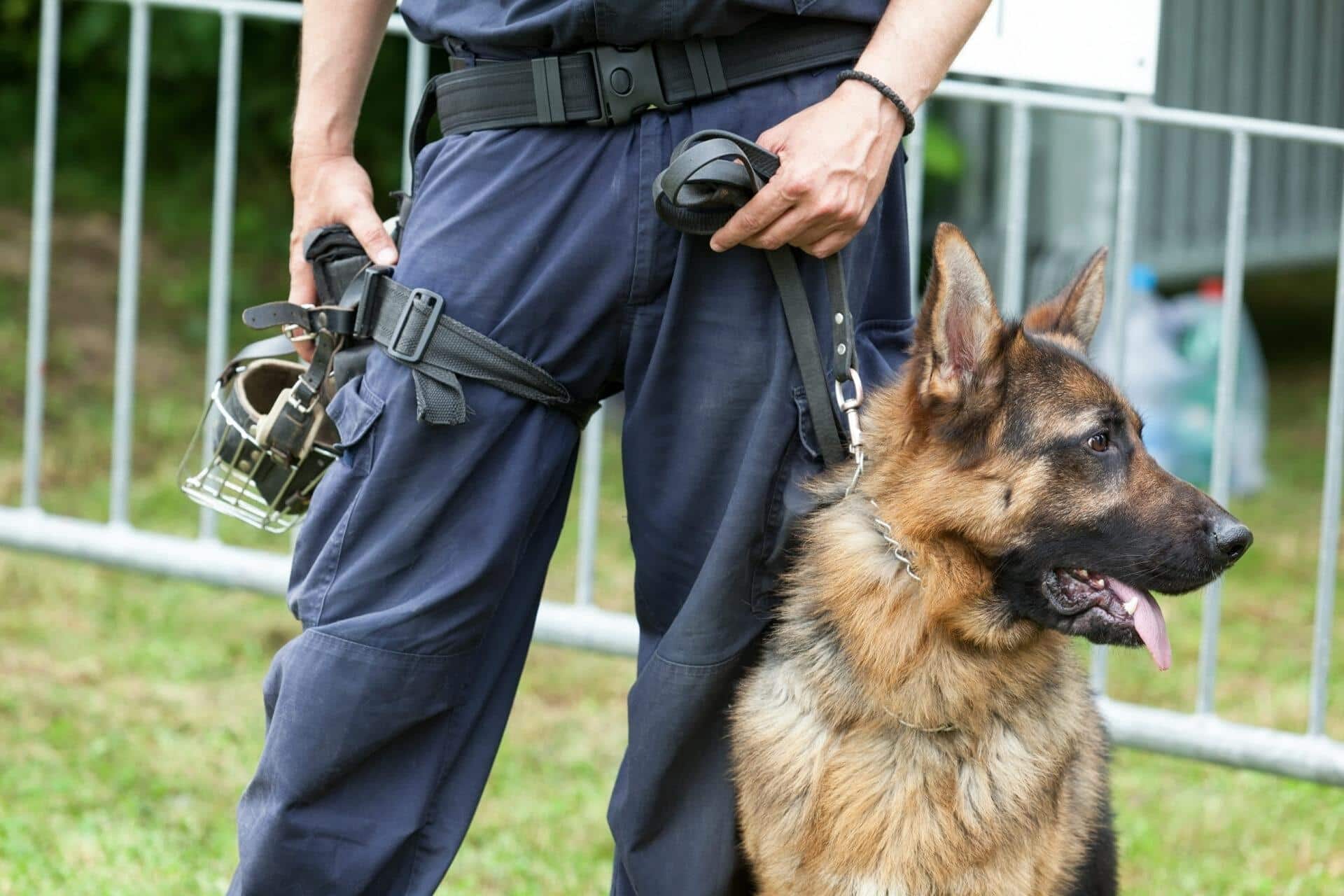
Police around the nation have seized $2.5 billion from people all over the country without warrants or charges since 2001, The Washington Post reported, in a program that has entangled thousands of innocent drivers.
The newspaper also discovered cases where innocent business owners lost tens of thousands of dollars in cash to police.
“I paid taxes on that money,” former business owner Mandrel Stuart said. “I worked for that money. Why should I give them my money?”
Stuart lost his business — a barbecue restaurant named Smoking Roosters in Staunton, Virginia — because Fairfax County police seized $17,550 from him during a routine traffic stop on Interstate 66. He was taking the money to buy restaurant equipment.
Police believed the money was related to selling drugs and were suspicious because Stuart had a police record, The Post reported. They had pulled him over because he had tinted windows and because a video was playing that was in sight of the driver (which is illegal).
Learn About The ‘Real Constitution’ And What The Founders Truly Intended
Police wanted to take the vehicle back to the station, and they gave Stuart and his girlfriend two options: go with police or be abandoned.
“They were going to leave us at the side of the road,” he told The Post. “I am saying to myself, ‘Why are they handcuffing me if I’m not under arrest?’ I didn’t understand it.”
He was detained for two hours and never charged for a crime, but without the seized money, he couldn’t pay rent or restaurant bills. He couldn’t pay employees, and he had to close the business. A court later awarded him his money back, but it was too late.
“Did I win? I lost my restaurant,” he said. “I’m not whole.”
Nor was Stuart the only restaurant owner who nearly lost everything by simply driving on the interstate. Chinese-born American Ming Tong Liu was driving 10 miles over the speed limit on Interstate 10 near Mobile, Alabama, when he was pulled over.
A sheriff’s deputy searched his car and found $75,195 in cash. Liu said he was taking the money – which was from family members — to Louisiana to buy a restaurant. Liu didn’t speak English and didn’t understand what officers were saying. Liu’s attorney, Rebecca Ding-Lee, said her client was held unlawfully.
Story continues below video
He got his money back 10 months later, but only after hiring Ding-Lee and having his life changed forever.
Inside the Forfeiture Industry
The Post discovered that Stuart and Liu were victims of an organized nationwide forfeiture effort orchestrated by the US Justice Department and the US Department of Homeland Security called the Equitable Sharing Program, in which hundreds of millions of dollars has been seized from innocent people, and thousands have had to fight to get the money back.
In a story called “Stop & Seize,” the newspaper described a thriving forfeiture industry in which the government pockets the money.
There have been 61,998 cash seizures since 2001 under the Equitable Sharing Program, all carried out without warrants or indictments.
“A thriving subculture of road officers on the network now competes to see who can seize the most cash and contraband, describing their exploits in the network’s chat rooms and sharing ‘trophy shots’ of money and drugs,” The Post reported. “Some police advocate highway interdiction as a way of raising revenue for cash-strapped municipalities.”
Bombshell Book Reveals… How To Survive The Coming Martial Law In America
State and local authorities earned $1.7 billion from Equitable Sharing. Federal agencies, including the Justice and Homeland Security Departments, netted $800 million. In 41 percent of the cases in which citizens challenged the seizures, they were given their money back.
There are now 298 law enforcement agencies and 210 drug taskforces nationwide that rely on forfeiture for at least 20 percent of their budget.
“Encouraging police to initiate searches for the purpose of seizing cash or other assets, rather than to seize evidence to be used in a prosecution, is a dangerous development,” law professor and former prosecutor Clifford Fishman said. “It is particularly troubling if police officers are trained to manipulate the suspect into forfeiting the assets or waiving the right to contest the search.”
Fishman made the statement after viewing video of a seizure provided by The Washington Post. He wasn’t the only attorney who expressed such sentiments.
“This type of police bounty hunting is antithetical to everything our criminal justice system is supposed to stand for,” former federal prosecutor David Smith said. Smith has helped a number of forfeiture victims get their money back.
Do you believe police should seize cash in the “war on drugs”? Leave your reply in the section below:











